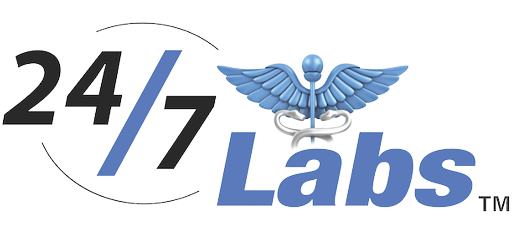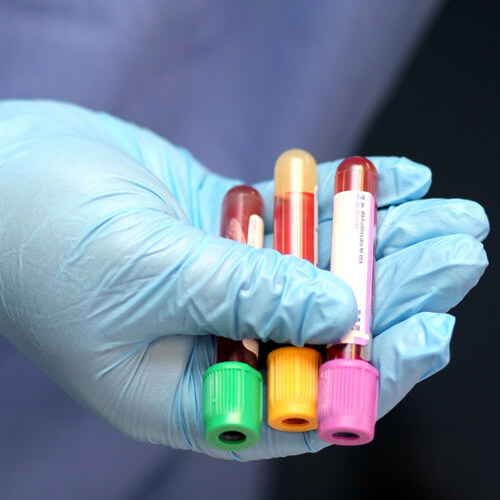Hormone Testing Tampa
- Home
- Hormone Testing
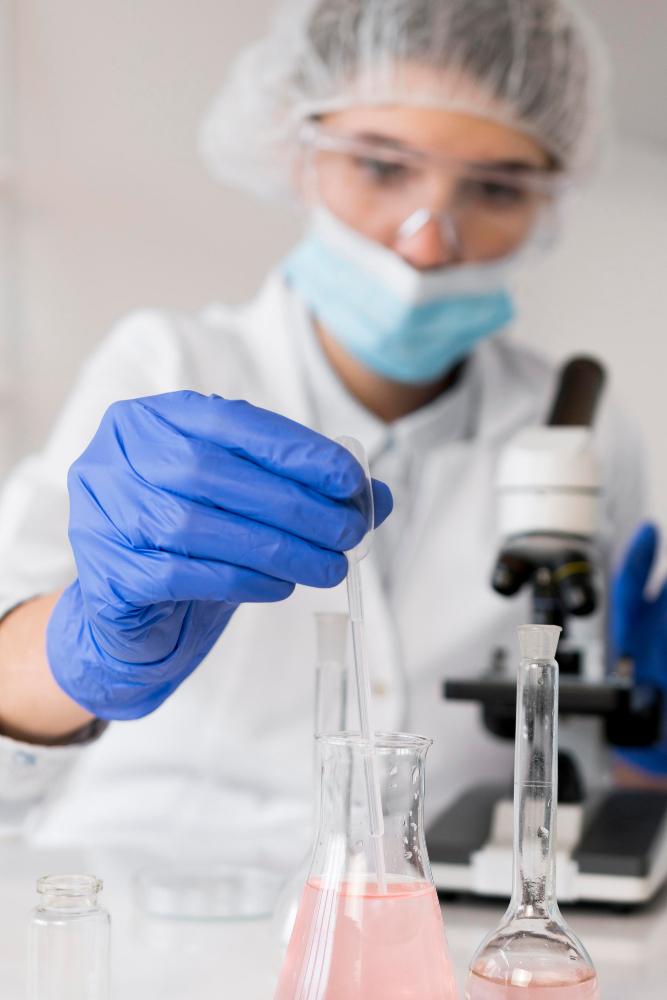
24-7Labs Hormone Testing
Many things change - that’s a given. But did you know that your hormones are among these ever-changing health factors? From insulin and testosterone to cortisol, thyroid hormones, and more, hormones are the body’s chemical messengers, traveling within the bloodstream to various organs and tissues. Since hormones work to regulate different bodily functions, having too much or too little of one or more hormones can impact your overall well-being. In fact, imbalances like abnormal cortisol levels can even affect the brain.
At 24-7Labs, we make it easy for you to take control of your health with comprehensive hormone testing on your schedule. Because whether you’re facing difficulties with insurance or finding a doctor who’s willing to work with your schedule–you should never feel lost regarding the state of your health. You can trust 24-7Labs with your health and privacy as we are accredited by the College of American Pathologists (CAP) and the American Association with a certification from the Clinical Laboratory Amendments of 1988 (CLIA).
How Does 24-7Labs Hormone Testing Work?
24-7Labs is ready to test when you are - all you need to do is schedule your hormone testing around your availability. Once you’re set with an appointment, you don’t need to worry about wait times or unnecessarily prolonged appointments. You have your choice between women’s health testing, growth hormone testing, a comprehensive thyroid wellness panel, and a fibromyalgia health screen check up. For more details on what these tests entail, read on below.

Women’s Health Testing
Nearly 80% of all women experience some form of hormonal imbalance in their lifetime. With our comprehensive female wellness panel, we’ll do a screening of your overall health, including how well your hormones are functioning. This screening includes ten tests in total.
This routine test measures the body’s concentration of white blood cells, red blood cells, and platelets. It is useful in diagnosing anemia, various infections, leukemia, bleeding problems, and more.
This set of 14 tests is a routine screening that measures electrolyte levels like sodium and potassium in addition to protein and glucose levels to measure the function of the kidneys and liver.
TSH is a hormone produced by the pituitary gland that can be evaluated to inspect thyroid function, abnormalities, and disease.
Using an analysis of the urine, we’ll screen for kidney disease, high blood pressure, liver disease, and more.
Measuring cholesterol and lipid levels can help determine the risk of heart disease and heart attacks as well as peripheral vascular disease and stroke.
Primarily produced in the ovaries, this hormone can be measured to help determine whether ovulation is occurring, what issues are causing infertility, the risk of miscarriage, the existence of cancer, and more.
Estradiol is a vital form of estrogen that, when measured, can provide insight into ovarian function.
FSH is produced by the pituitary gland and works by controlling the production of eggs. Measuring its levels can help evaluate a woman’s egg supply, ovarian function, and menstrual issues.
This hormone is produced by the pituitary gland and its levels can be used to diagnose pituitary disorders, menstrual irregularities, and the cause of fertility in women.
This hormone is produced in the adrenal glands and measuring its levels can help detect tumors, cancer, and more. Too much DHEA-S in women can cause masculine characteristics like facial hair, acne, and increased muscle mass.
Using an analysis of the urine, we’ll screen for kidney disease, high blood pressure, liver disease, and more.
Growth Hormone Testing
Within the body, growth hormones serve many functions, including cell regeneration and repairing damaged tissue. Additionally, they are responsible for burning fat, enhancing muscle growth, maintaining the immune system, and more. Our growth hormone testing includes five exams:
Measuring the levels of IGF-1 helps to evaluate hypopituitarism and hypothalamic lesions in children. Low levels of insulin-like growth hormones are commonly detected in cases of Laron Dwarfism.
This pituitary function test is used to diagnose hypothalamic disorders, hypopituitarism acromegaly, and ectopic growth hormone production.
Secreted by the pituitary gland, TSH is measured to evaluate thyroid function while monitoring thyroid abnormalities/disease.
Testing testosterone levels can help evaluate testicular function in situations where the testosterone binding protein could be altered, including obesity, cirrhosis, and thyroid disorder.
The lipid profile is used to measure your cholesterol, testing your levels of lipoprotein, including high-density lipoprotein (HDL), low-density lipoprotein (LDL), very-low-density lipoprotein (VLDL), and triglyceride levels.
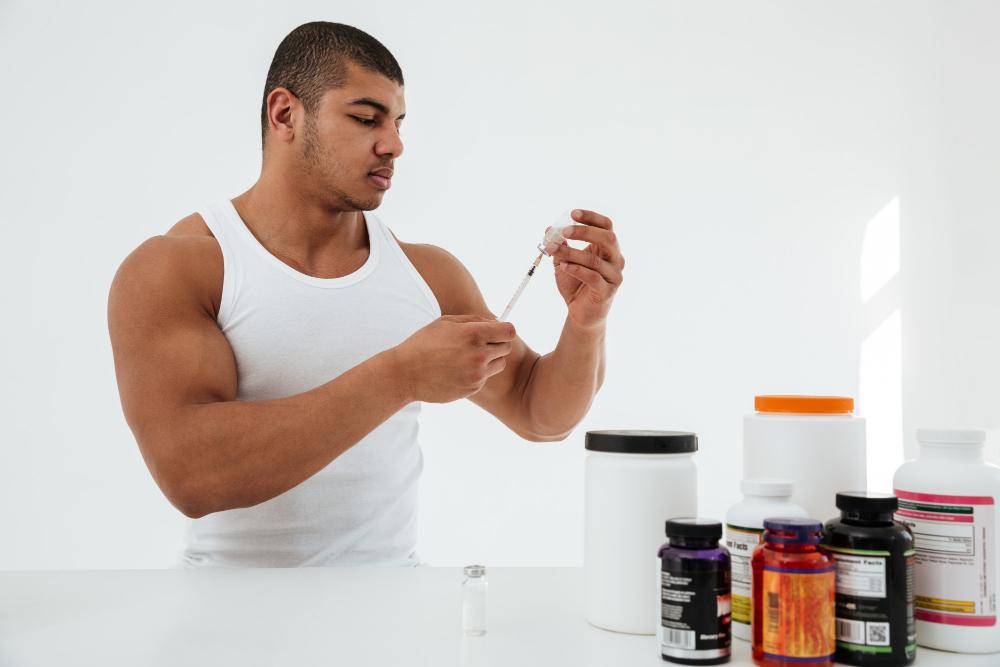
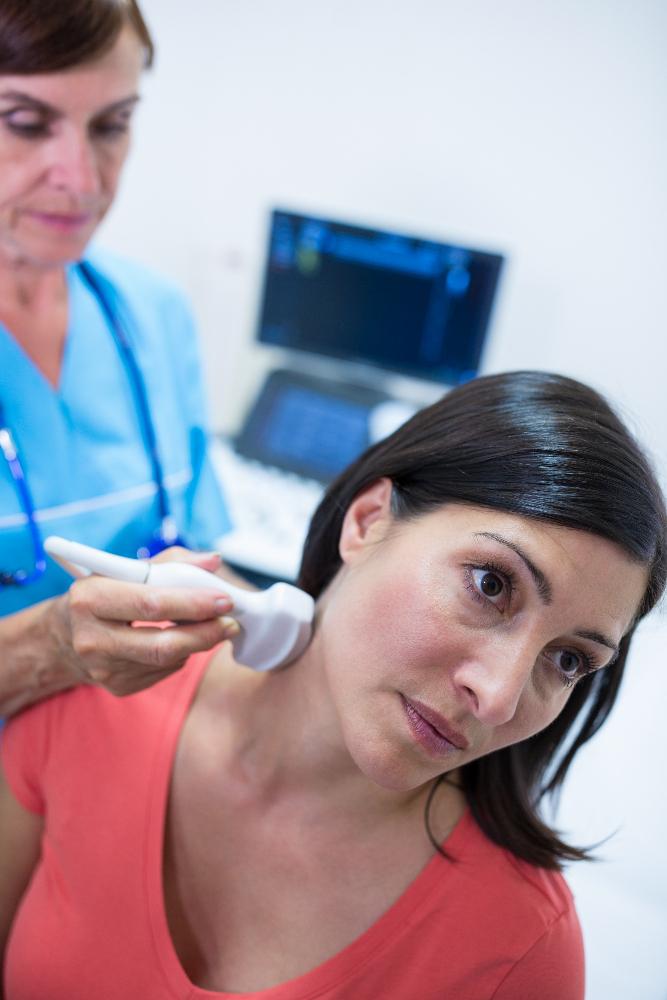
Comprehensive Thyroid Wellness Panel
When there are hormone issues within the thyroid, you run the risk of facing several health problems ranging from joint pain and obesity to heart disease and infertility. Our comprehensive thyroid wellness panel is made up of seven tests, including:
The thyroid stimulating hormone or TSH is a hormone secreted by the pituitary gland to signal the thyroid gland to produce thyroid hormones. By measuring these levels, we’re able to evaluate thyroid function, abnormalities, and disease.
Thyroxine, produced by the thyroid gland, is a hormone produced by the thyroid. When there is too little, one can experience things like weight gain, cold intolerance, and fatigue. With too much T4, symptoms include increased heart rate, weight loss, and anxiety.
Used to interpret T4 and T3 results, T3 uptake measures the level of proteins that possess the thyroid hormone in the blood.
These thyroid antibodies are measures to help diagnose autoimmune diseases in the thyroid. They are produced when the immune system mistakenly targets thyroid gland components, causing tissues damage and more.
As one of the two major hormones produced by the thyroid, T3 combines with T4 to help control how the body uses energy. This test is used to determine how much free T3 exists within the blood.
The T4 free test measures the amount of free thyroxine within the blood, allowing a diagnosis of thyroid diseases and the evaluation of thyroid function. One of the most commonly detected dysfunctions found in the T4 free test is hyperthyroidism.
These antibodies destroy thyroid tissue and should be tested for to determine whether you have autoimmune hypothyroidism (Hashimoto’s thyroiditis) or hyperthyroidism (Graves’ disease).
Legal DNA Testing
$319
Informational DNA Testing
$219
Test results within
3-5 days
Fibromyalgia Health Screen Check Up
Fibromyalgia is a disorder that results in widespread musculoskeletal pain, along with fatigue and sleep, memory, and mood issues. This disorder tends to run in families and is therefore thought to be influenced by genetic factors. Our fibromyalgia health screen check up is comprised of nine tests, including:
This routine screening measures the concentration of white and red blood cells and platelets. It evaluates a patient’s overall health and can be used to diagnose several disorders, including anemia, leukemia, bleeding problems, and infections.
Composed of 14 tests, this routine panel measures the levels of electrolytes like sodium and potassium in addition to the glucose and protein levels in the blood. In addition, this panel assesses the function of the kidneys and liver.
In nonpregnant women, men, and children, the existence of the alpha-fetoprotein in the blood can indicate several types of cancer. This includes cancer of the ovaries, testicles, pancreas, stomach, pancreas, and liver.
The CEA or carcinoembryonic antigen test is used to measure the amount of protein in the blood of those with various cancers, including cancer of the large intestine, pancreas, ovaries, and lungs.
The lipid profile is used to measure your cholesterol, testing your levels of lipoprotein, including high-density lipoprotein (HDL), low-density lipoprotein (LDL), very-low-density lipoprotein (VLDL), and triglyceride levels.
An NSE blood test measures the levels of NSE in the blood and can be useful in diagnosing and monitoring small cell lung carcinoma as well as neuroendocrine tumors like carcinoids, neuroblastomas, and islet cell tumors.
PSA is a protein produced by the prostate gland. When these levels are measured, the results can be used to detect prostate cancer or another abnormality should one exist.
Amylase is an enzyme produced by the pancreas and salivary glands that helps break down carbs. If too much amylase is detected during this test, that might be an indication of a pancreatic disorder.
This test is used when it is suspected that you might have high B2-M levels–a protein made by cancer cells. Higher levels can ultimately indicate advanced stage myeloma.
Secreted by the pituitary gland, this hormone tells the thyroid gland when to produce hormones. By measuring these levels, we can evaluate thyroid function and detect and monitor thyroid abnormalities and disease.
The lipid profile is used to measure your cholesterol, testing your levels of lipoprotein, including high-density lipoprotein (HDL), low-density lipoprotein (LDL), very-low-density lipoprotein (VLDL), and triglyceride levels.
The lipid profile is used to measure your cholesterol, testing your levels of lipoprotein, including high-density lipoprotein (HDL), low-density lipoprotein (LDL), very-low-density lipoprotein (VLDL), and triglyceride levels.

